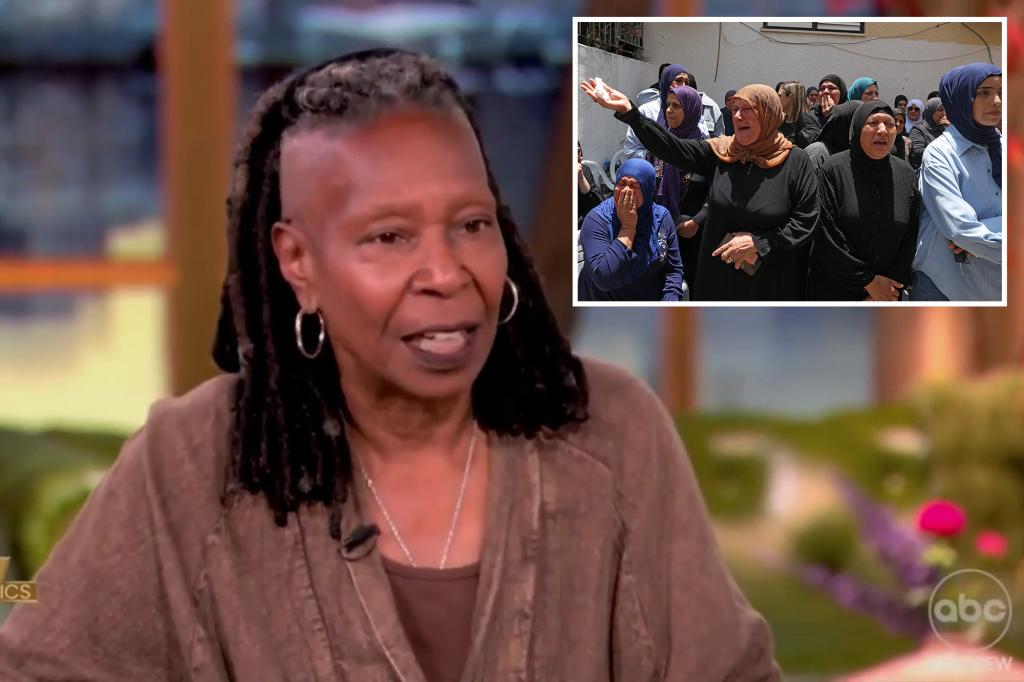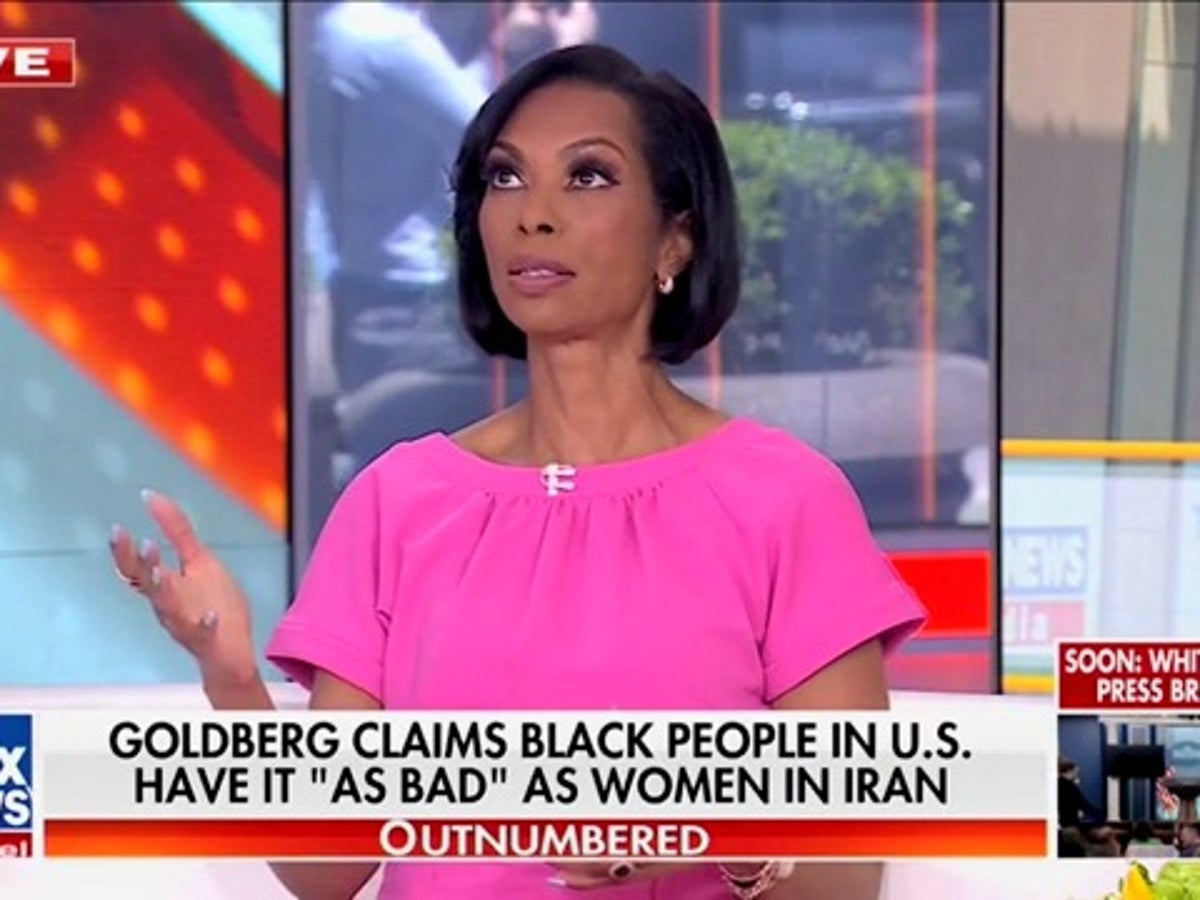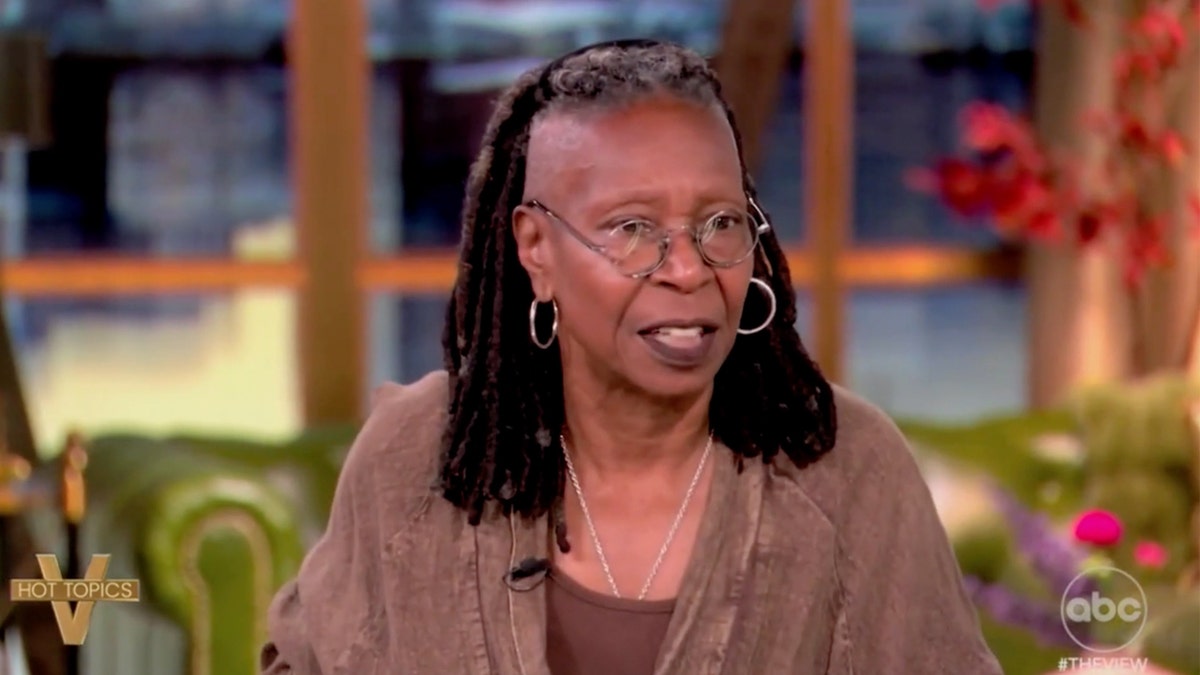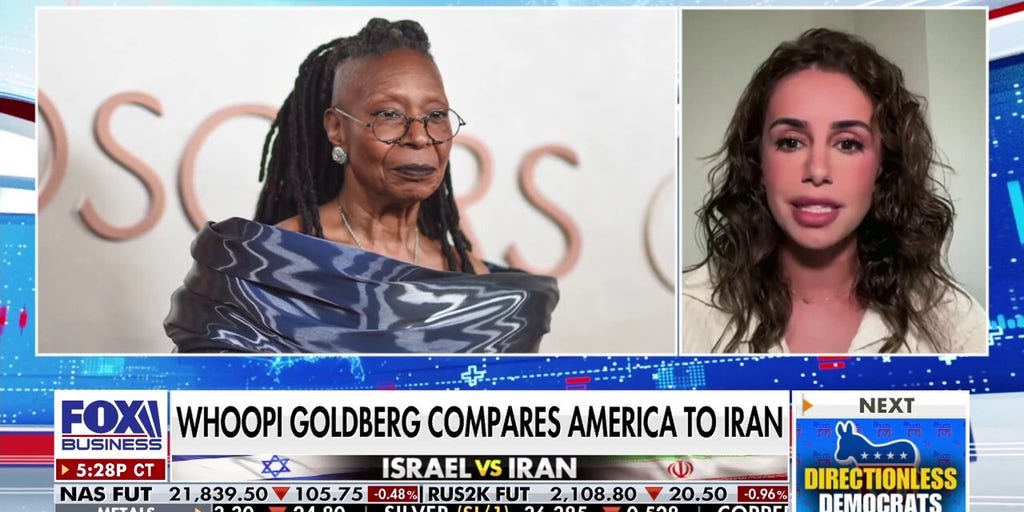Whoopi Goldberg Faces Criticism for Comparison of Iran to America
Whoopi Goldberg, a prominent co-host of the daytime talk show ‘The View’, has ignited a wave of controversy following her remarks that drew parallels between the struggles of Black Americans and the plight of women in Iran. Her comments have sparked intense debates surrounding intersections of race, gender, and social justice, particularly in light of ongoing discussions about human rights both domestically and abroad. As the discourse evolved, prominent figures, including Rep. Ilhan Omar, drew attention to challenges faced by marginalized communities, igniting a broader examination of America’s role in evaluating social injustices worldwide.
The Context of the Controversy
The controversy emerged during a segment on ‘The View’ in which Goldberg articulated her views on systemic racism and oppression. In the discussion, Rep. Ilhan Omar characterized the United States in stark terms, labeling it as “one of the worst countries” in regard to women’s rights and broader social justice issues. This sparked a backlash against Goldberg, with critics arguing that the comparison was not only misguided but also detracted from the specific and severe human rights violations occurring in Iran. The juxtaposition of American societal issues with those of Iran has led to heated debates among political commentators and everyday Americans alike.
Reactions from Media and Public Figures
The backlash against Goldberg’s comments gained momentum on various media platforms, particularly during segments on shows like Fox News’ ‘Outnumbered’. Hosts and commentators dissected her remarks, questioning the rationale behind equating the lived experiences of individuals in the U.S. with those facing oppression in a theocratic regime like Iran. Critics emphasized that such comparisons can undermine the gravity of real human rights abuses faced by women and dissidents in countries with repressive governments. Furthermore, many argued that while America has its own systemic issues, it operates within a different framework than nations that systematically violate fundamental human rights.
The Broader Implications of Such Comparisons
The critical response to Goldberg’s statements highlights not just the complexities of intersectionality but also the delicate nature of discussing social justice across varied cultural contexts. By placing the U.S. in the same conversation as Iran regarding women’s rights and systemic oppression, the implications of her comments gesture towards a wider discourse about American values and how they relate to the global human rights agenda. Many argue that acknowledging and addressing the failures within American society should not dilute the narrative surrounding the atrocities that occur in nations governed by authoritarian regimes.
This incident serves as a reminder of the importance of contextual awareness when engaging in discussions of social justice. It raises essential questions about the effectiveness of comparative analyses in addressing the distinct challenges faced by different groups and nations. The furor over Goldberg’s remarks illustrates the urgent need for sensitivity and precision in discussions around race, gender, and international human rights fallout.
Conclusion
As public discourse continues to evolve, it remains imperative for individuals and figures in positions of influence to engage thoughtfully with complex issues. The backlash against Whoopi Goldberg illustrates the potential pitfalls of flippant comparisons and underscores the necessity for responsible dialogue in conversations about equity and justice. It raises a call to action: let us commit to understanding the nuanced realities of social struggles worldwide and engage in informed discussions to advocate for true justice for all.



